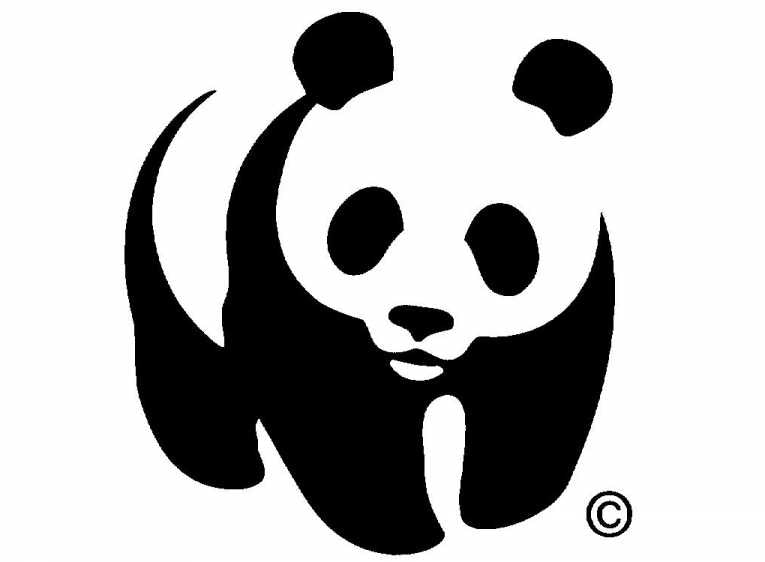WWF was formed in April 29th, 1961, when the Morges Manifesto was signed.
The decade's key scientists, advertisers and public relation experts came together to create this new organisation, based in neutral Switzerland. That same year, Chi-Chi the panda arrived at London Zoo.
Knowing that this fledgling charity needed a recognisable symbol, the group agreed that this charismatic species would be an excellent logo. So powerful is this symbol, many people see the panda logo as a representation of the whole conservation movement.
Over the past 50 years, WWF has had many notable achievements. In the 1970s, Operation Tiger was launched - the first ever global campaign to save a species across its range. In the 1980s WWF, in conjunction with Save the Whales, successfully campaigned for a moratorium on commercial whaling. Take a look at the WWF website for more details of their past successes.
Now, with the realisation that hard commerce is a more effective conservation tool than tugging on people's heart-strings, WWF plans to show the economic value of nature. A WWF report in 2003 showed that many ecosystems are incredibly valuable to governments and societies.
For example, the annual economic value of the world's wetlands was estimated at US $3.4 billion due to their provision of food, freshwater, building materials, water treatment services and erosion control services. This research has played a huge role in convincing governments and communities of the value of ecosystems and the species within them.
However, some people argue that WWF has overstretched itself. With an organisation's growth inevitably comes more bureaucracy. This may mean that, as a percentage, less money ends up in the field. Furthermore, the CEO of the US Office was paid US $465,427 in 2009, according to Charity Navigator.
WWF might argue that to attract the best people for the job, their salaries must be in the highest pay bracket. This is simply not true. Conservation charities should not be spending their donations on huge salaries for their management. They need to spend a greater percentage of their money on grass roots conservation projects and direct environmental action.
Nonetheless, WWF has been a leader of the conservation field for many years. What does the future hold for them? To continue with their conservation successes, WWF must ensure they stay ahead of the game and maintain pressure on global governments. If WWF can create innovative conservation strategies whilst retaining their commitment to conserving the world's species, there is hope for another 50 years of conservation success.
Image Credit WWF.










